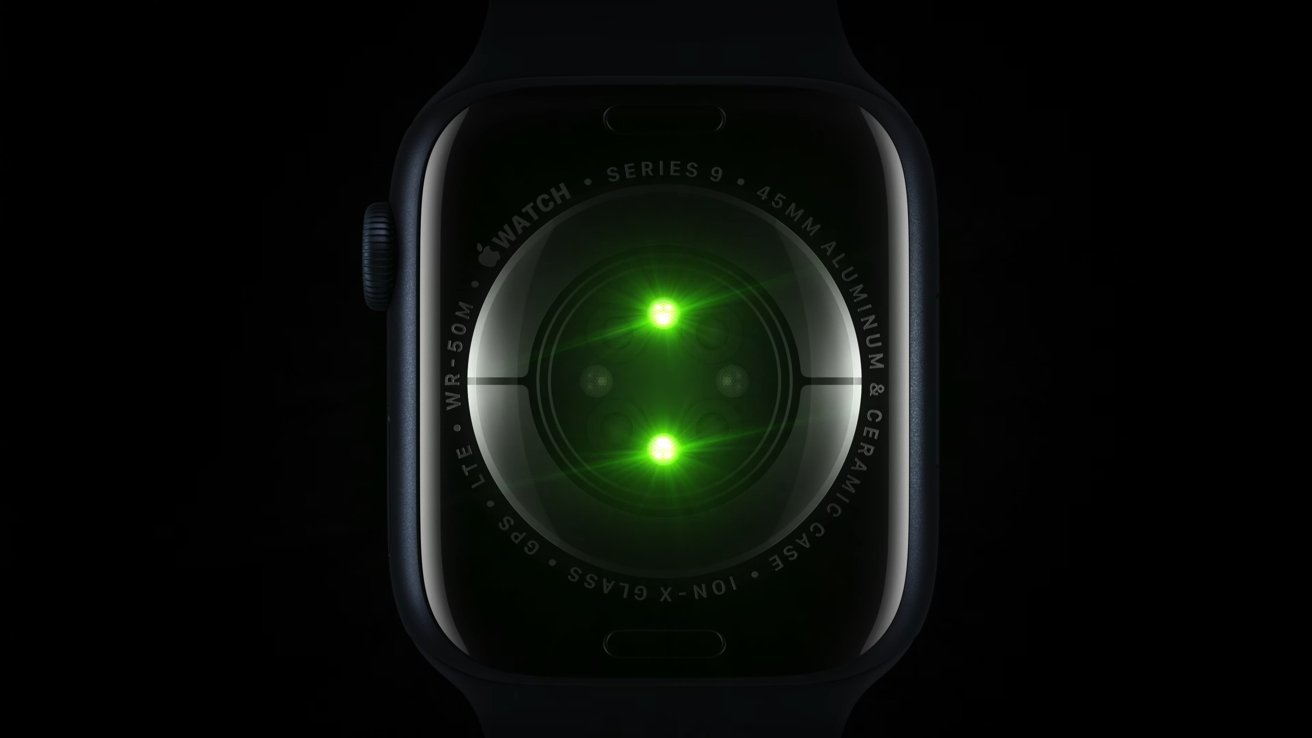A study observed how well researchers could interpret ECG data from various wearables, and Apple Watch came out as the most favorable but is no better at detecting atrial fibrillation than others.
Electrocardiograms (ECG) are typically performed on patients to determine abnormal heart conditions such as atrial fibrillation. Advanced medical equipment will use multiple leads connected to a person’s body to gather accurate readings, but wearables like Apple Watch can take a less substantial single-lead reading.
A study conducted at the University Hospital Basel, Switzerland, involving wearable ECG accuracy determined that the wearables tested had similar accuracy in detecting atrial fibrillation. However, medical researchers found Apple Watch ECG data of a higher quality and more readable overall.
The study invited 450 participants at various levels in their career or education to evaluate single-lead readings from popular wearables, including Apple Watch, Fitbit, Sense, KardiaMobile, Samsung Galaxy Watch, and Withings ScanWatch. Participants were asked to classify up to 50 single-lead ECG readings from ten participants and five devices into three categories: sinus rhythm, atrial fibrillation, or inconclusive.
The classification was compared to a more accurate control sample taken as a 12-lead ECG recording interpreted by two cardiologists. The results showed that a cardiologist could identify atrial fibrillation via single-lead ECG data more accurately than a medical resident or junior medical student.
Specifically, sensitivity and specificity for detecting atrial fibrillation via single-lead ECG were 72% and 92% for cardiologists, 68% and 86% for internal medicine residents, and 54% and 65% for medical students in years 4-6. Experience gave the participants an advantage in reading the data.
No matter which device a user chooses, they can rest easy knowing that atrial fibrillation detection is no more or less accurate than the competitors. However, 45% of participants said Apple Watch had the best quality readings, and 50% said they were the most readable.
The study concluded that single-lead ECGs can be challenging to interpret, and wearable choice seems to have no impact. Some doctors did prefer the Apple Watch over other device readings.





